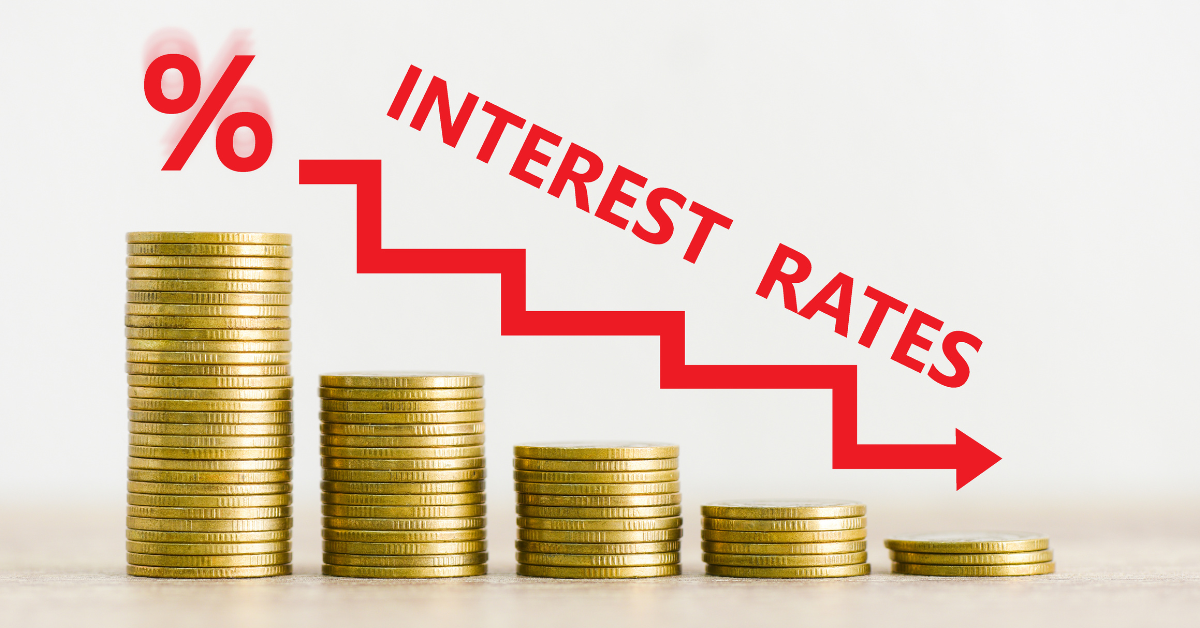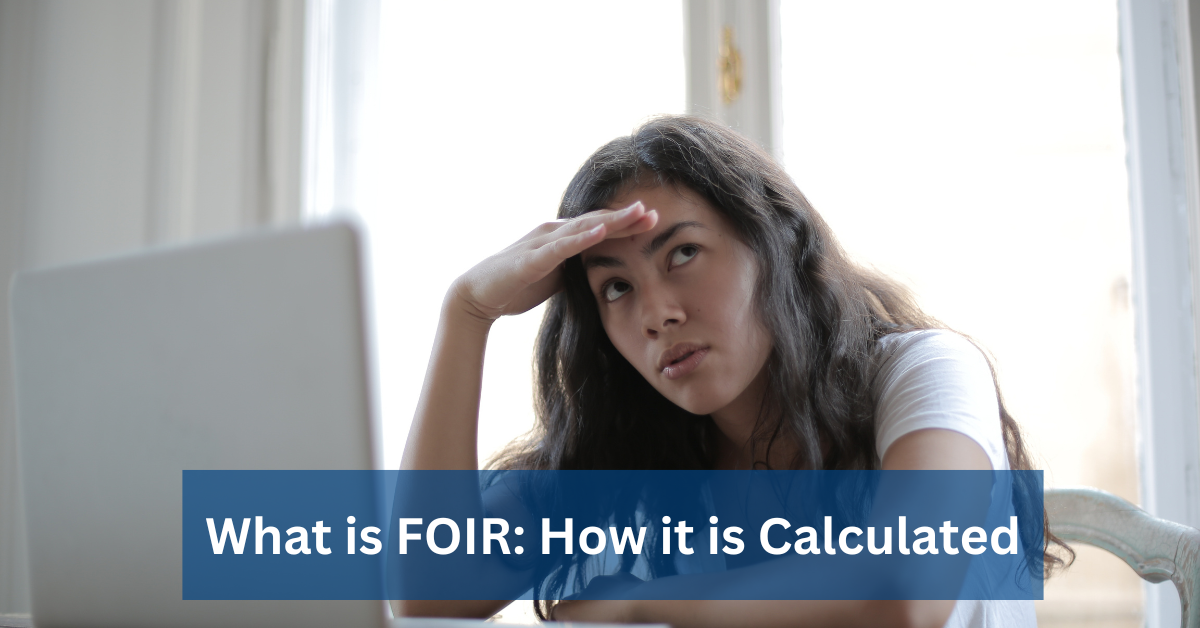Fixed or Floating Interest Rate: Which is Better for a Home Loan?

Strong 8k brings an ultra-HD IPTV experience to your living room and your pocket.
When planning to buy a home, one of the most important financial decisions you'll make is choosing between a fixed or floating interest rate on your home loan. While both have their merits, the best option largely depends on your financial goals, risk appetite, and market outlook. In this guide, we’ll break down both options and offer expert insights to help you make an informed decision.
Understanding the Basics
1. Fixed Interest Rate
A fixed interest rate remains constant throughout the loan tenure or for a predefined period (e.g., first 5 or 10 years). Your EMI (Equated Monthly Instalment) remains unchanged during this period.
Pros:
- Predictability: EMIs remain consistent, which simplifies budgeting.
- Protection against rate hikes: You’re shielded from rising market rates.
Cons:
- Higher initial rates: Fixed rates are usually 0.5% to 1% higher than floating rates.
- No benefit from falling rates: You miss out if interest rates drop in the market.
2. Floating Interest Rate
Also known as variable rate, this fluctuates with market conditions and is typically linked to a benchmark like the RBI repo rate or MCLR (Marginal Cost of Funds based Lending Rate).
Pros:
- Lower initial rate: Generally starts lower than fixed rates.
- Benefit from rate cuts: EMIs may reduce if interest rates fall.
Cons:
- EMI uncertainty: Budgeting becomes tricky due to potential rate changes.
- Risk of rate hikes: EMIs can rise if market interest rates increase.
Comparative Snapshot
Feature
- Fixed Rate
- Floating Rate
- Interest Rate
- Fixed throughout
- Changes with market
Also read: Documents Required for Home Loan
Expert Advice
“If you're someone with a fixed income and prefer stability, a fixed-rate loan gives you peace of mind. But in a falling rate environment, a floating rate can save you a lot in interest over the long run.”
Fixed Rate is Better When:
- The economy is in an upward rate cycle (rates are expected to rise).
- You have a tight budget and want consistent EMIs.
- You're going for a shorter tenure and want protection from sudden rate hikes.
Floating Rate is Better When:
- Interest rates are expected to decline or remain stable.
- You're planning a longer tenure and can absorb some fluctuations.
- You have a flexible budget and want to take advantage of rate drops.
Pro Tips to Enhance Your Loan Experience
Tip 1: Use a Home Loan EMI Calculator Before choosing the rate type, simulate scenarios using online EMI calculators. This helps you compare monthly outflows under both options.
Tip 2: Opt for a Hybrid Loan Some banks offer hybrid home loans—fixed for the first few years, then floating. This gives you initial stability and future flexibility.
Tip 3: Negotiate With Your Lender Banks sometimes offer better deals to borrowers with high credit scores or strong financials. Use this to negotiate a lower rate or processing fee.
Tip 4: Review and Refinance Keep an eye on interest trends. If you're on a fixed rate and floating rates drop significantly, consider switching or refinancing your loan.
Tip 5: Read the Fine Print Understand all terms, especially in floating loans—reset periods, caps on increases, and conversion fees are key factors.
Final Thought: Which Is Better?
There’s no one-size-fits-all answer. If you value predictability and are risk-averse, fixed rate is your go-to. If you're comfortable with a little fluctuation and want to capitalize on possible rate reductions, floating rate is likely better.
Note: IndiBlogHub features both user-submitted and editorial content. We do not verify third-party contributions. Read our Disclaimer and Privacy Policyfor details.







